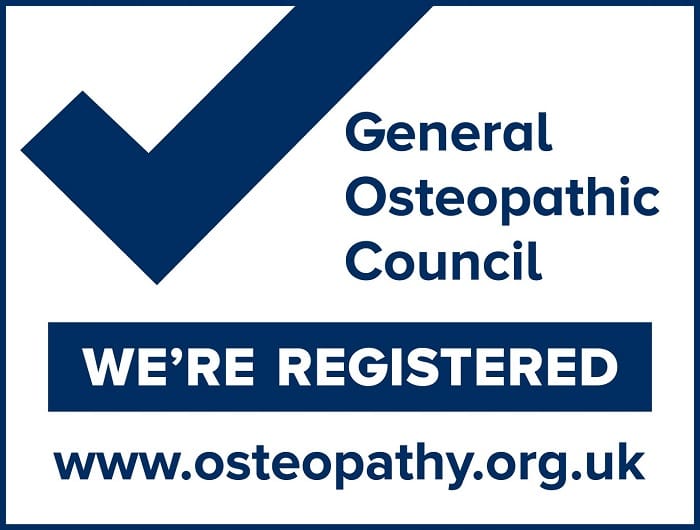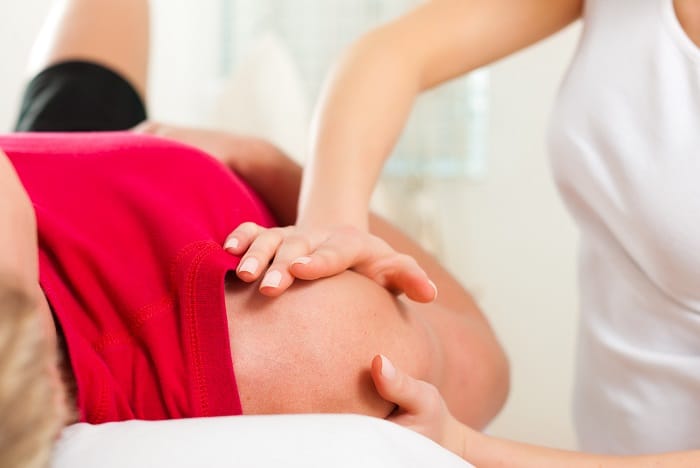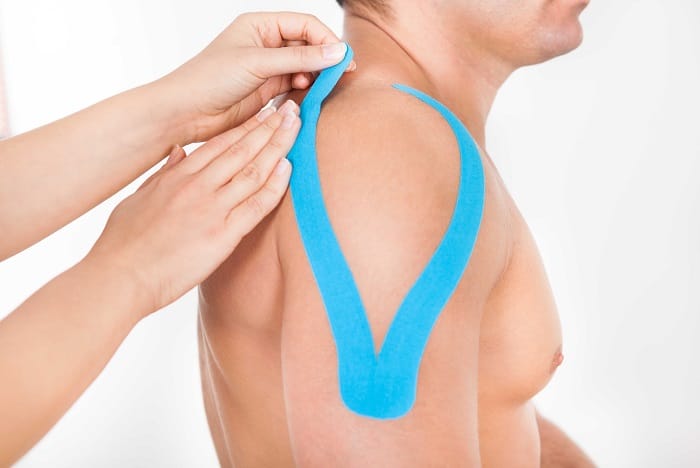Post-Operative Care
Many of us at some point in our lives will require some form of surgery, whether it is to address issues arising from illness, injury or to achieve a better quality of life by relieving painful symptoms. Although surgery may address the cause of your problem, it is not the end of your treatment. Indeed the act of surgery itself, however minimally invasive, still causes damage that like any other injury needs treatment.
During your stay in hospital, following surgery, the staff therapists will provide you with simple exercises to begin regaining mobility and reduce the risk of deep vein thrombosis (DVT). The strong anaesthetics used during surgery impair your lungs ability to easily clear excess phlegm. If you have had major surgery that requires you to stay in hospital, the therapists will teach you breathing exercises to help clear your chest properly, to reduce risk of infection. As part of your treatment with our therapists we will continue this care, advising you of techniques to make clearing your chest easier.
After you have been discharged from hospital post-surgery you will almost certainly require further exercise to achieve a full recovery. Our experienced therapists can help assess your current ability and develop a personalised treatment plan that not only takes account of your surgery wound, but actively encourages quality, functional healing. We can build on the guidelines for rehabilitation given by surgeon and treat you regularly post-surgery to achieve the best possible recovery in the shortest possible time.
The issues that may affect you after surgery will vary depending and the original condition that was treated and how invasive the surgery was. An important factor will be your general condition before surgery takes place. Our therapists can help you prepare, within the limits of your condition, to be in your best physical condition before you enter hospital. We can provide advice on the exercises and stretches that will help you relieve pain and regain function as quickly as possible after surgery. This lets you begin rehabilitation immediately without having to wait for an appointment post-surgery.
Our therapists can treat you during home visits if you do not feel up to travelling to the clinic. The method and quality of the treatment will remain the same as our clinic sessions. Common post-surgery treatments include;
- Breathing techniques, to clear your chest and reduce infection risk.
- Circulation exercises, if your surgery leaves you sitting or lying down a lot.
- Stretches, to maintain and improve muscle or ligament length and flexibility.
- Strengthening exercises, to regain functional strength and improve joint stability.
- Advice on activity modification to safely mobilise during recovery.
- Balance exercises, to improve proprioception and joint stability.
- Advice on the use of mobility aids, including crutches, sticks and walking frames.
- Functional exercises to facilitate your return to normal daily activity and the pursuits you enjoy.
Have any questions, make an enquiry Enquire Now
I didn't actually choose to see Nick - I was sent to him by my exasperated personal trainer, and now I can't thank her enough! Five weeks before the London Marathon I developed a pain in one of my glutes and did what any self-respecting idiot would do - ran on it until it was so bad it hurt just to walk, and the months of training seemed like they'd been for nothing.
Nick is wonderful. He's very professional and thorough and he has a naturally calming manner that will put you at ease. He also clearly knows his stuff - in our first session he quickly identified my problem (piriformis) explained it in terms I could understand (!) and gave me exercises to speed up recovery.
I had three more sessions and they were well worth it. As well as treating the injury he also assessed my running style for any underlying issues and correctly identified previous injury sites. With his help I was able to quickly get back into training and, by some miracle, a week before the marathon I was pain free.
I joked that, as well as fixing my injury, I expected Nick to make me run faster. Well, maybe... Just maybe... The man's a magician! I'm delighted to say I ran a pb, clocked my first sub-3 hour marathon and came 46th out of all the ladies. Thank you Nick! I cannot recommend him enough.
- Ros P
A big thank you to Elaine (osteopath) at Nick Castle Osteopathy & Sports Medicine Clinics - after just 2 sessions she managed to work out some major aches and pains I'd been having daily, for over 6 months. I plan on seeing her on a regular basis to prevent any future problems. Thanks again!
- Priti S
I have had 2 sports massages with Nick, one in Kensington and one in Amersham. Nick is a very approachable therapist, who spends time building a picture of the type of sports you do and the injuries you have. I have found Nick's techniques to really help improve my performance.
- Jane B








